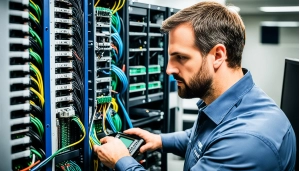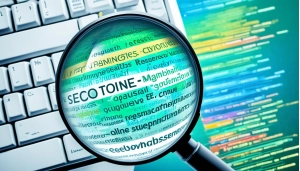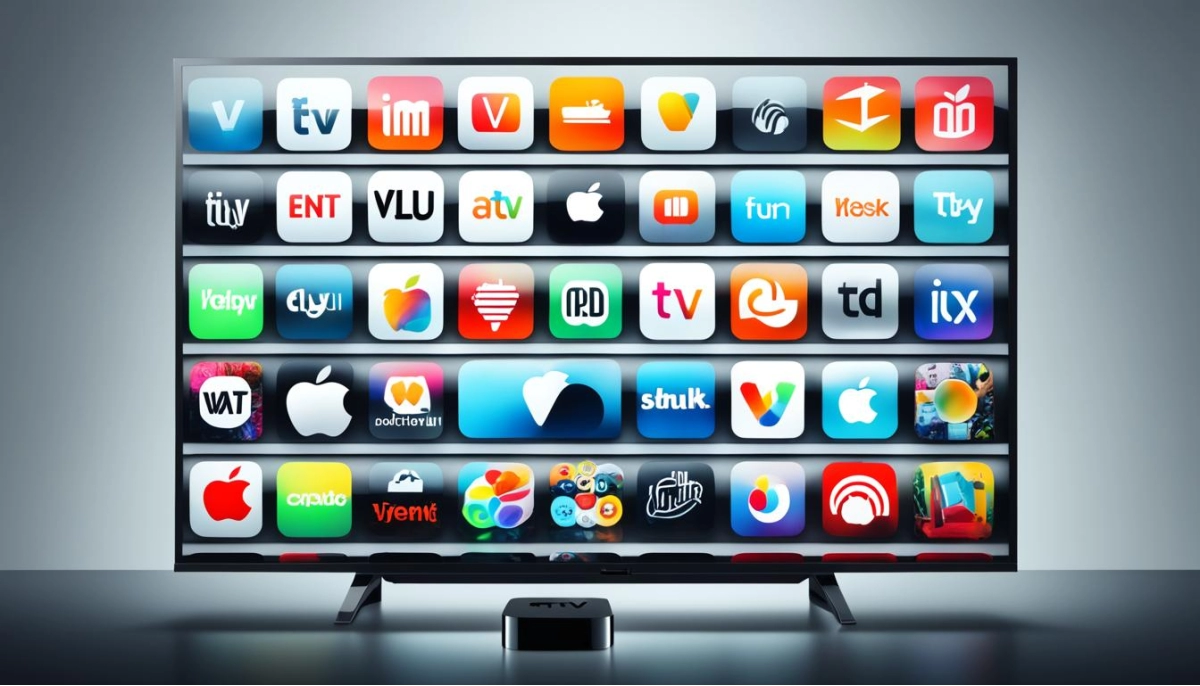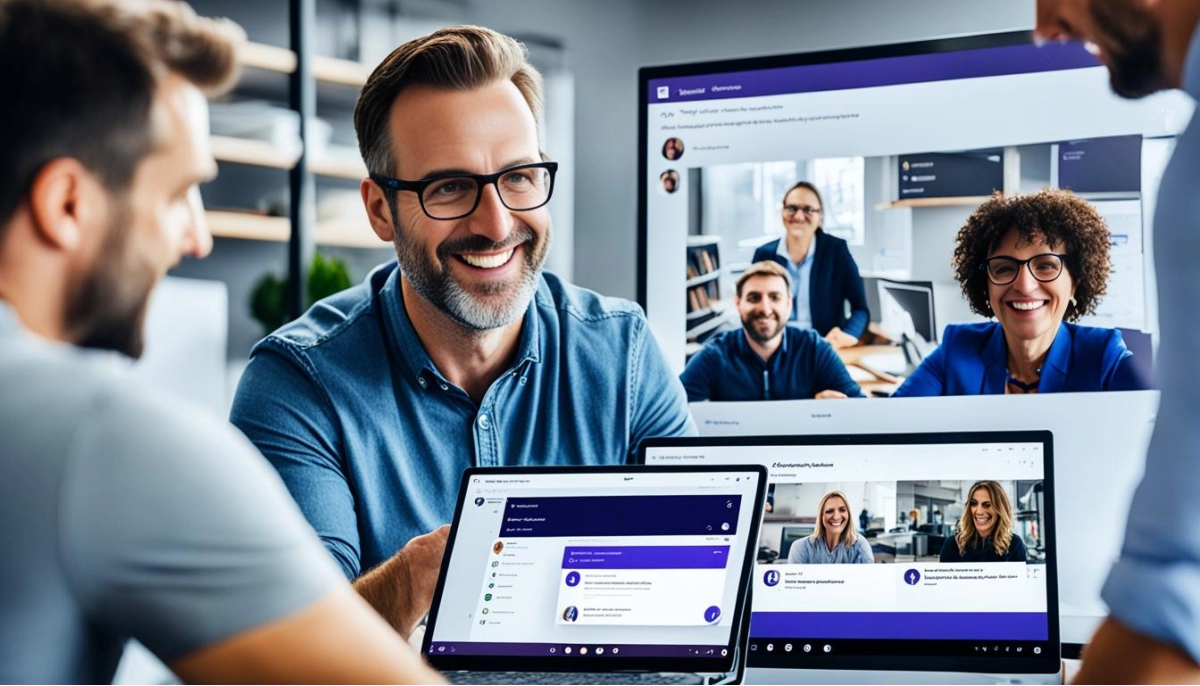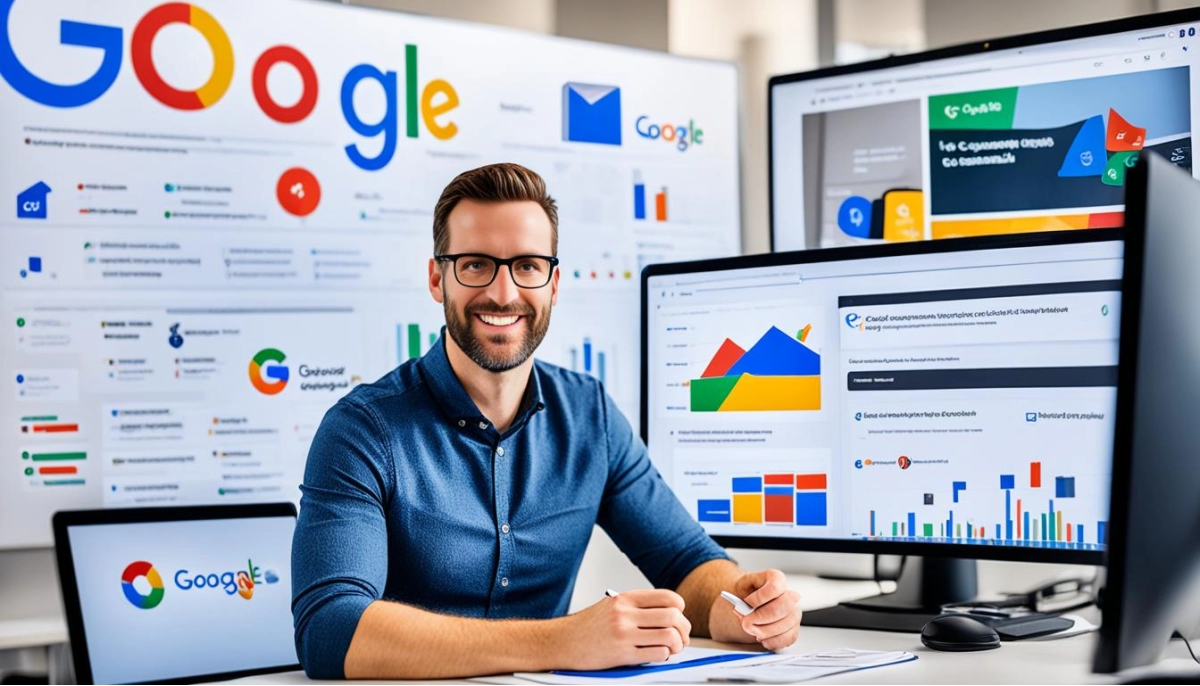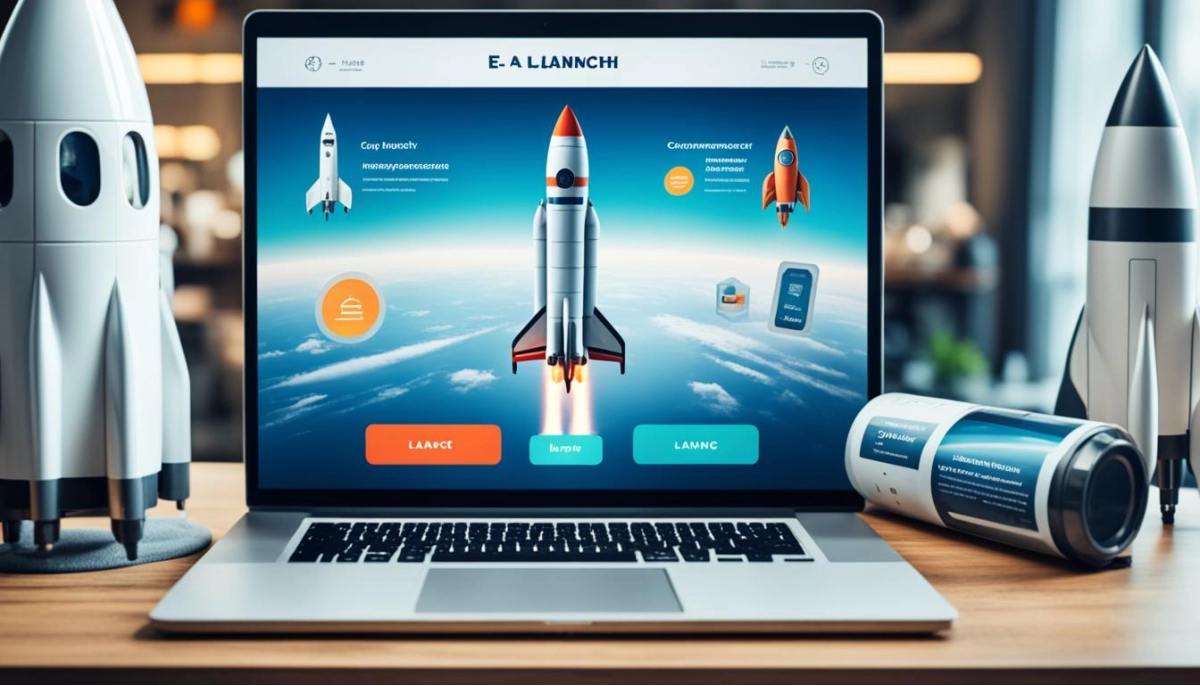Is investing in a paid VPN worth the cost?
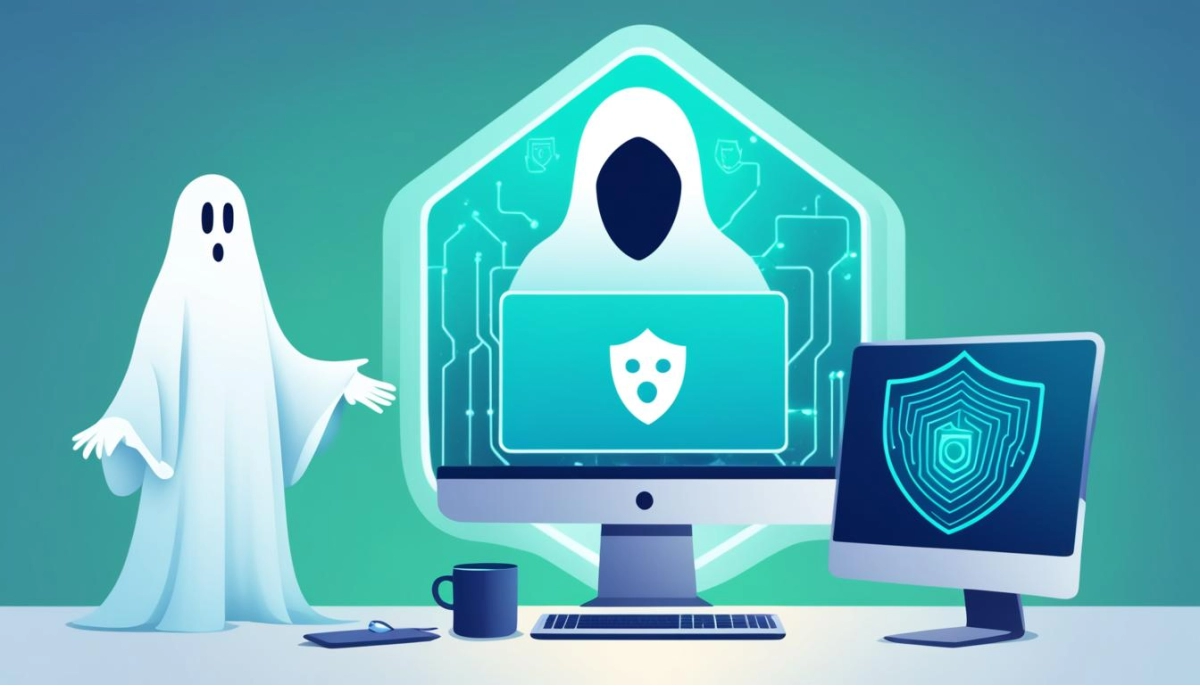
Are you concerned about your online safety, privacy, and security? Investing in a paid VPN, or virtual private network, might be the solution you’ve been looking for. A paid VPN offers additional layers of protection, giving you peace of mind while navigating the digital world.
With cyberattacks on the rise and privacy concerns becoming increasingly prevalent, it’s essential to take proactive steps to safeguard your personal information. A paid VPN can encrypt your internet traffic, ensuring that your online activities remain private and secure. By hiding your IP address, a VPN prevents third parties from tracking your browsing habits and accessing your sensitive data.
While free VPNs are available, they often come with limitations and may not provide the same level of security and functionality as their paid counterparts. It’s worth considering the value of investing in a paid VPN for enhanced online safety, privacy, and security.
If you’re still unsure about whether a paid VPN is worth the cost, let’s explore the reasons why VPNs are essential in today’s digital landscape.
Why do I need a VPN?
There are several reasons why you might need a VPN. First, VPNs protect your digital privacy by encrypting your internet traffic, making it unreadable to potential hackers and snoops. This encryption ensures that your online activities remain confidential, keeping your personal information secure. With the rising threat of cyberattacks, having a VPN in place can provide an added layer of protection for your sensitive data.
Additionally, VPNs hide your IP address, which is a unique identifier that can be used to track your online activities. By masking your IP address, VPNs prevent third parties from monitoring your online behavior and collecting data about you. This not only protects your privacy but also helps to reduce targeted ads and invasive data collection.
Beyond privacy and security benefits, VPNs can also provide access to blocked content and websites. In certain regions or countries, access to specific websites or online services may be restricted due to censorship or other limitations. By connecting to a VPN server in a different location, you can bypass these restrictions and gain access to the content you desire.
Whether you’re concerned about your digital privacy, want to protect against cyber threats, or need to access blocked content, a VPN can be a valuable tool. It safeguards your online activities, encrypts your data, and gives you greater control over your internet experience. Consider investing in a reliable VPN service to enjoy enhanced privacy, security, and freedom while navigating the digital realm.
Who should use a VPN?
VPNs, or virtual private networks, are not just for tech-savvy individuals or privacy enthusiasts. They offer numerous benefits that make them valuable for a wide range of users.
1. Everyday Internet Users
Whether you’re browsing the web, shopping online, or accessing social media, a VPN can help protect your online privacy and security. This is especially important when using public Wi-Fi networks, which are often targets for hackers looking to intercept sensitive information. By encrypting your internet traffic and hiding your IP address, a VPN creates a secure connection that shields your data from prying eyes.
2. Businesses and Remote Workers
In the era of remote work, ensuring the security of company networks and confidential data is of paramount importance. VPNs offer a secure channel for remote workers to access company resources, allowing them to connect to the company’s intranet, access files, and collaborate securely. By encrypting the connection, VPNs protect sensitive information from potential data breaches and unauthorized access.
3. Travelers
Whether you’re traveling for business or pleasure, using a VPN can help you maintain your online privacy and access content from anywhere in the world. By bypassing geolocation restrictions, VPNs allow you to access websites and streaming services that may be blocked in certain countries or regions. This means you can keep up with your favorite shows and movies or stay connected to your home country’s news and entertainment while abroad.
4. Journalists, Activists, and Protestors
For individuals who work in sensitive fields or engage in advocacy, a VPN is a vital tool for protecting their identities and accessing restricted information. By anonymizing their online activities and encrypting their connections, VPNs allow journalists to communicate with sources securely, activists to organize and disseminate information without fear of surveillance, and protestors to navigate the web anonymously without compromising their safety.
Regardless of your online activities, a VPN can enhance your online privacy, security, and freedom. Whether you’re a regular internet user, a business professional, a traveler, or an advocate, utilizing a VPN can be a smart decision in an increasingly interconnected and privacy-conscious world.
Continuing to Section 4: What Else Can a VPN Do?
What else can a VPN do?
In addition to protecting your online privacy, VPNs offer a wide range of features that enhance your internet experience. Let’s explore some of the ways a VPN can be useful beyond just security.
Access Streaming Content From Around the World
One of the great advantages of using a VPN is the ability to access streaming content from different countries. By bypassing region restrictions, a VPN allows you to enjoy a wider range of shows and movies. Whether you’re a fan of international cinema or want to catch up on your favorite TV series while traveling, a VPN makes it possible.

Bypass Site Restrictions and Unblock Content
Schools, workplaces, and governments often impose restrictions on certain websites and content. With a VPN, you can bypass these restrictions and access the websites and content you need. Whether it’s accessing social media sites, news portals, or streaming platforms, a VPN ensures that you have unrestricted internet access.
Find the Best Deals
Did you know that prices for products and services can vary depending on your location? With a VPN, you can change your IP address to virtually travel to different regions and view prices from various locations. This feature can help you find the best deals and save money on online purchases.
Protect Your Gaming Sessions
Gamers can also benefit from using a VPN to enhance their gaming experience. VPNs protect against DDoS (Distributed Denial of Service) attacks, which can disrupt online gaming sessions. Additionally, a VPN allows you to access region-locked content, offering you a wider selection of games and downloadable content.
By providing access to streaming content, bypassing site restrictions, helping you find the best deals, and protecting your gaming sessions, VPNs offer much more than just online privacy and security. Consider these additional features when choosing the right VPN for your needs.
Conclusion
Investing in a paid VPN can provide significant benefits for your online safety, privacy, and security. By encrypting your internet traffic and hiding your IP address, a VPN can prevent third parties from tracking your online activities and accessing your personal information. VPNs also allow you to bypass restrictions and access blocked content. While there are free VPNs available, they often come with limitations and may not provide the same level of security and functionality as paid options. Overall, the extra security and privacy provided by a paid VPN can be worth the cost for those concerned about their online safety.
